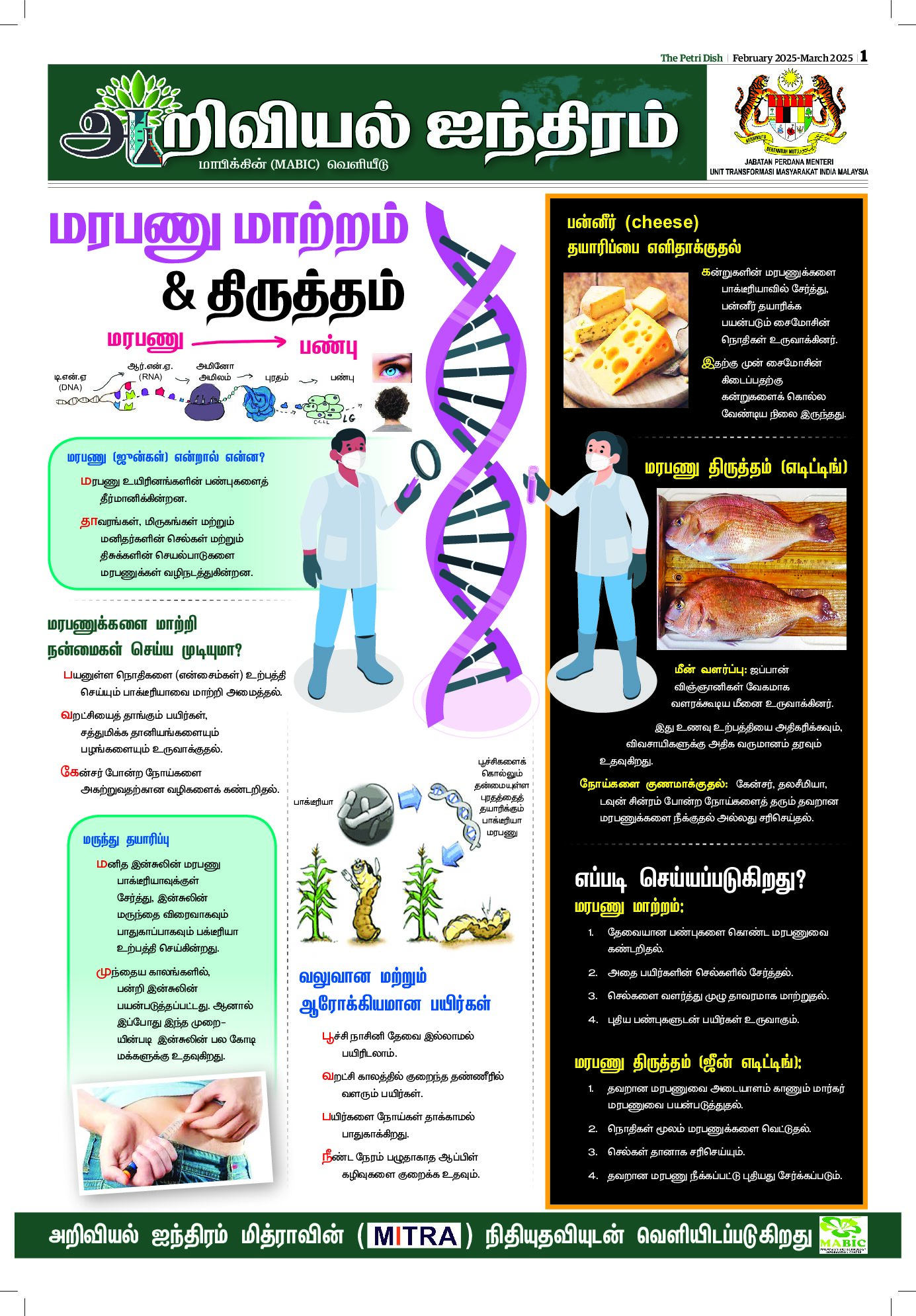KUALA TERENGGANU: A researcher from Universiti Sains Malaysia (USM) has produced a machine to extract honey from stingless bees that would ensure its good taste and which will be hygienic.
Principal researcher, Dr Mohd Zulkifli Mustafa said, honey from ‘kelulut’ (stingless bee) has fewer demands due to its sour taste compared to the common honey, and could hamper the aim to make it more marketable and become a source of high income.
“The tropical climate with its high humidity has led to the ‘kelulut’ honey having a high amount of water, and to become fermented, having a sour taste and foamy.”
“By using the available technology, we have invented a customised filter to dehydrate the honey, raising its quality and value,” said the USM School of Medical Sciences lecturer.
He added that the ‘kelulut’ industry has the potential to become impactful by ensuring the nation’s biodiversity is cared for through the pollinating process done by the ‘kelulut’ bees.
“The idea of producing this high-quality honey is aimed towards the strategic plan in transforming the ‘kelulut’ honey industry to become a sustainable source of income.
“The main problem in the ‘kelulut’ industry is in acquiring the limited colony from the wild. We have solved this problem by introducing an artificial hive that could multiply the colony, produce more hygienic honey, adaptable to the climate and undergo health screenings,” he said.
He added that, the ‘quadruple-helix’ innovation not only could produce premium honey of high-quality, but also make an impact to the economic growth of the community and the preservation of the local biodiversity.
“When the ‘kelulut’ honey has a high commercial value, producers would take good care of the colony and once they multiply, the environment would in turn be more sustainable,” he said.
The innovative Honey Dehydrating Equipment is one of the 21 research and innovation (R&D) entries from USM participating in the International Conference and Expo on Innovations by Institutions of Higher Education (PECIPTA) 2017 held here.
PECIPTA 2017, which was initiated in 2001, sees the participation of more than 400 innovations and inventions from public and private universities, industries and local research agencies. – USM













